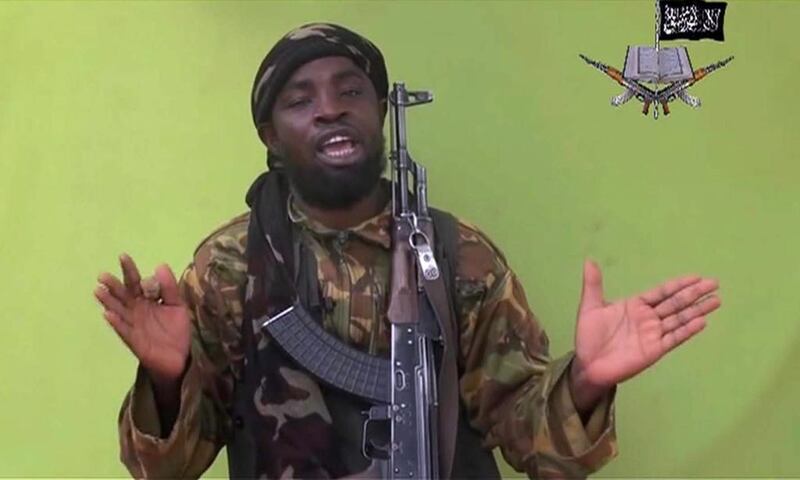The Muslim world is currently experiencing unprecedented persecution at the hands of fringe, extremist, ideologically-driven, groups. Whether it is Boko Haram in Nigeria, Al Shabaab in Somalia, Al Qaeda both in North Africa and the Arabian Peninsula, the Taliban in Afghanistan and Pakistan, or ISIL in Syria and Iraq, mainstream Muslims, from all the major and minor schools of law and spiritual paths in Islam, are being targeted by violent militants who view them as infidels and apostates whose blood can legally be shed. Although these terrorists also target non-Muslims, the overwhelming majority of their victims are Muslims.
With the exception of some misguided souls, no Muslim can identify with any of these mercenary movements that pretend to be fighting for Islam and the Caliphate. As their ideas and actions show, these death cults are the antithesis of Islam and its diametric opposite. In fact, they relish the fact that they violate Islamic legal, moral and ethical norms, and take pride in attributing their actions to the Muslim faith, thereby soiling the image of Islam, and inciting a backlash against believers on a global scale. How, then, has a religion of beauty been rendered so ugly?
For those who may have forgotten, the Prophet Mohammed, the Messenger of Allah was a gentle, caring and tender man with a message of love.
His soul was pure and spotless, shinning with spirituality. His primary approach to spreading Islam was preaching and setting an inspiring example. When attacked, he defended himself, but was also just and equitable. If he ever waged war, it was to liberate, not subjugate, and to bring justice instead of injustice. The Prophet’s mercy prevailed over his wrath.
If God has given us the Quran, He has also given us the Sunnah, the example set by the Prophet in his words and actions. Although ignored by the majority of Muslims, one of the most important aspects of the Sunnah consists of the letters, treaties and covenants between the Prophet and communities in and around Arabia. It is in these sources that the vision of the Prophet Mohammed is most clearly and meticulously articulated. How does one spread Islam? How does one treat non-Muslims? Every aspect of the Prophet’s domestic and foreign policy is to be found in the covenants he concluded with the Christians of the Sinai, Egypt, Najran, the Levant, Assyria, Armenia, Persia and the world. These documents stipulate the rights and obligations of both Muslims and non-Muslims, enshrining freedom of belief, religious practice, property, life, honour, and dignity.
The Covenants of the Prophet Mohammed were respected by the rightly-guided Caliphs as well as many of the empires and dynasties that ruled the Islamic world thereafter. Renewed on a regular basis for nearly 1,400 years, the Covenants of the Prophet formed the basis of interfaith relations in Islam. As a result of the conditions of social justice, stability and fraternity that they created, the Covenants of the Prophet played a major role in the rise, spread and success of Islamic civilisation.
The Covenants consist of official documents recording the words of the Prophet as issued during his lifetime. They possess authority equal to canonical traditions and since they confirm, as opposed to contradict, the Quran and the Sunnah, they can serve as a source of legal guidance and inspiration while showing the true spirit of Islam.
The Covenants of the Prophet shed an enormous amount of light on the biography of the Prophet and early Islamic history. They demonstrate convincingly that the Muslim model is one of tolerance and peaceful coexistence.
The written words of the Prophet Mohammed are a central part of his message. They should sit side by side with the Quran in both mosque and home. If Muslims are to renew their understandings of Islam and undergo a collective awakening, these covenants of hope will play a major part in that restoration.
It is in this spirit that I come to Abu Dhabi to present the Covenants of the Prophet Mohammed with the Christians of the world. The disease of extremism is a sickness that plagues the modern world. More than ever, Muslims need to become reacquainted with the Covenants as they consist of the best antidote to repel this disease which is becoming pandemic in our world.
Dr John Andrew Morrow will present a lecture on Tolerance and Coexistence in the 21st Century: The Covenants of the Prophet Mohammed with the Christians of the World at the auditorium in the InterContinental Hotel, Abu Dhabi, on Tuesday at 7pm





